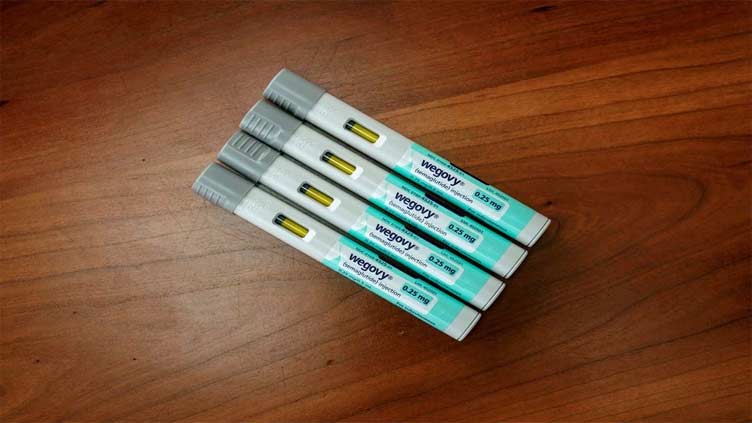Wegovy weight-loss injection factory plagued by sterile-safety failures

Rivals are on the way, with a similar drug from Eli Lilly expected this year
LONDON (Reuters) - The factory that fills the self-injection pens for booming weight-loss drug Wegovy has repeatedly breached U.S. sterile-safety rules in recent years and staff have failed to perform required quality checks, a Reuters review of regulatory documents shows.
The breaches at Catalent, the Wegovy pen filler, were found by inspectors from the U.S. Food and Drug Administration who visited the plant in Brussels in October 2021 and August 2022 to check on its compliance with manufacturing regulations, according to detailed FDA reports on the inspections, obtained by Reuters under freedom of information laws.
There is no evidence that Catalent's compliance failures resulted in harm to users of Wegovy. However, the inspectors said the lapses at the plant - which fills syringes for pharmaceutical clients - represented the most serious form of violations, according to the reports, which show Catalent shut the facility down twice between the two inspections.
In November 2022, the FDA published a final decision on the findings that allowed the factory to remain open while it fixes the issues, which the agency didn't deem a threat to public safety.
Wegovy-maker Novo Nordisk and its manufacturing partner Catalent have said publicly that shipments of the drug were delayed throughout 2022 as Catalent addressed problems raised by the two FDA inspections, without elaborating on what was found.
Reuters is the first to report in detail on the quality-control issues identified by the inspectors in their write-ups, the most recent FDA reports on the Brussels factory.
Novo is enjoying bumper sales of Wegovy, with millions of people injecting themselves with the drug to shed pounds since it was approved for the U.S. in June 2021, and the Danish drugmaker has doubled in market value.
Rivals are on the way, with a similar drug from Eli Lilly expected this year.
A Novo spokesperson said the company had communicated any manufacturing delays promptly in public announcements, and that by late 2022 it had met its U.S. supply target.
Catalent said it has a track record of providing high-quality production and that it corrects any compliance issues promptly. Both companies and the FDA declined to comment on the specific inspection findings.
The most serious findings unearthed by the FDA during its October 2021 visit involved air-filtration systems needed to maintain sterile conditions.
Inspectors examining historical operational data found the system on one filling line at the plant had failed repeatedly between 2017 and 2021, leading to sterility being "compromised" in the area where drug products were being manufactured, the FDA documents say.
"Standard operating procedures are not followed or are deficient," the report following the first inspection said.
The August 2022 inspection found new problems with air quality in sterile areas had cropped up since the first visit, according to the FDA Establishment Inspection Reports written after each visit.
Inspectors on both visits found Catalent staff were not performing required safety controls, with breaches including failing to regularly check that equipment was not contaminated with microbes.
The FDA reports do not say how many filling lines were inspected or what drugs were being manufactured on the lines examined.
Four regulatory experts and two former FDA inspectors who reviewed the documents told Reuters the findings raised concerns about the safety of all manufacturing being done at the factory, including for Wegovy.
"Based on the FDA's findings, I would be concerned about the sterility of the products made at this site," said Susan Bain, an assistant professor of regulatory and quality sciences at the University of Southern California and former FDA inspector.

